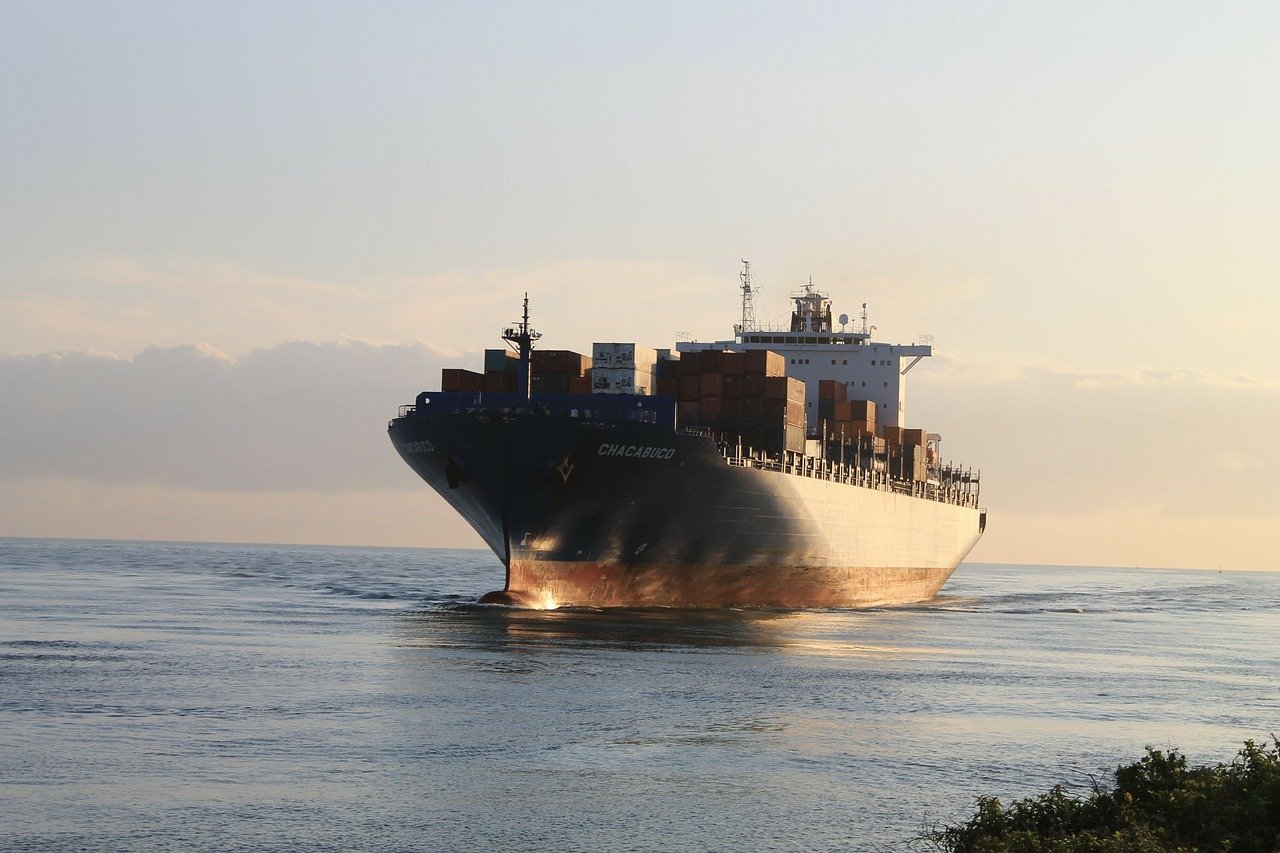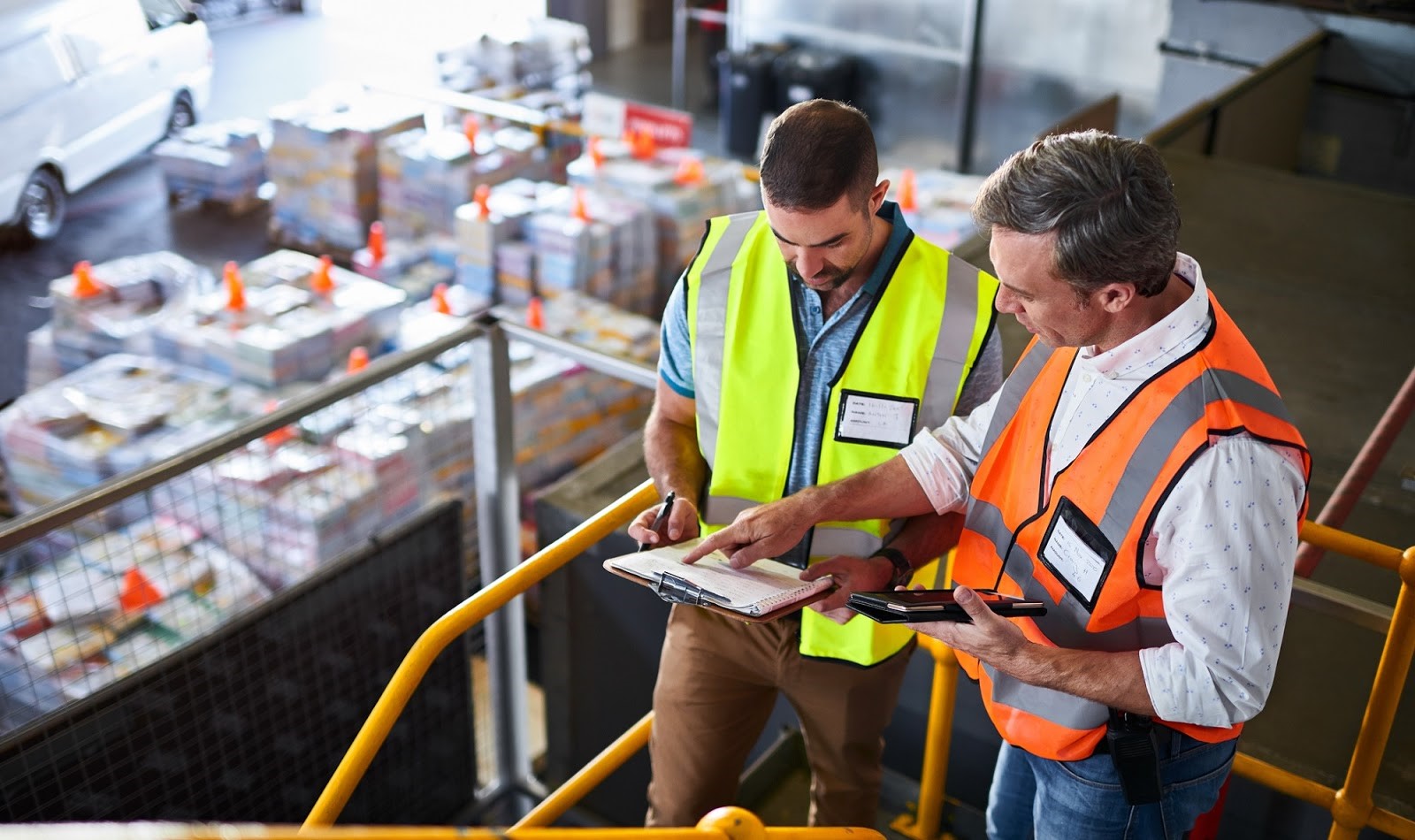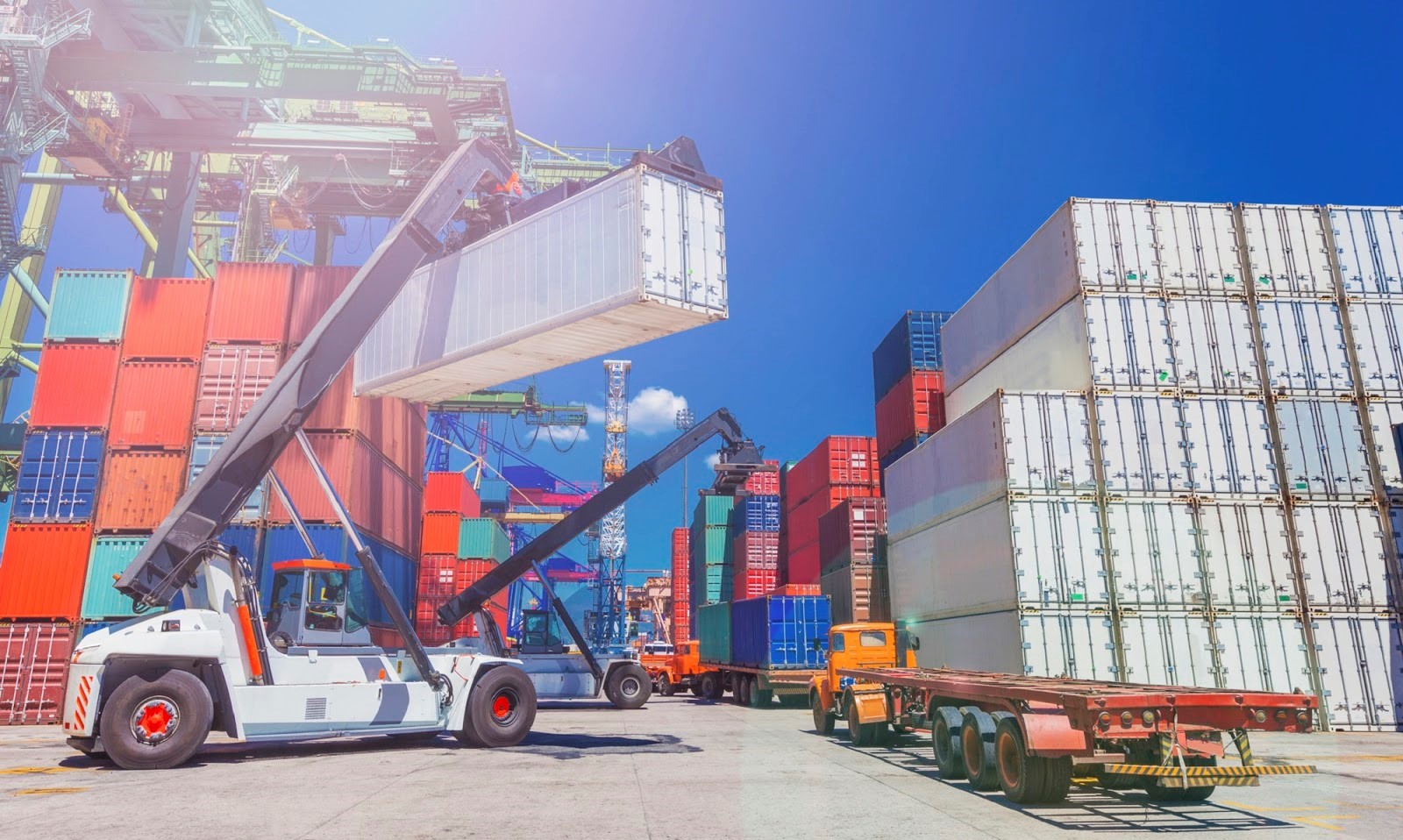Latest
-

UK Overseas Exports: Statistics, Trends and Analysis
The UK economy as a whole, including exports, has been badly hit by the COVID-19 pandemic. In a recent Monetary Policy Summary, the Bank of England noted that GDP is thought to have been 20 percent lower in the second…
-

What are the different types of shipment?
Within the freight industry, there are a variety of different options when it comes to transporting a shipment from A to B. When you’re planning how to send or receive a shipment, one of the first decisions you’ll need to…
-

How to calculate shipment volume
In preparation for getting something shipped via freight, it’s important that the shipment is measured accurately and in accordance with the limits used by shipping companies. If you’re hiring an experienced freight forwarder to handle the transportation of your shipment, you won’t…
-

What is freight forwarding?
For a freight service to work, a selection of factors needs to be considered to get the shipment to its destination. Any freight service has a place of origin and destination, but the method of transport and any applicable fees…
-

What is Freight?
Whether it’s on the road, by sea or by air, freight plays an important role in transporting goods, raw materials and produce to where they need to be. It’s a process that you may have been totally unaware of, but…